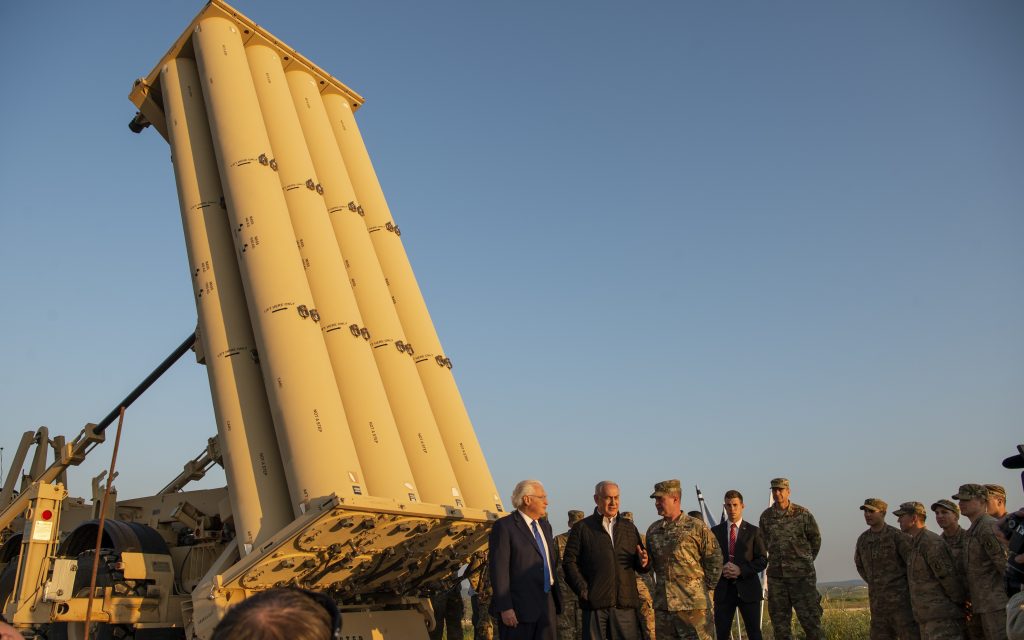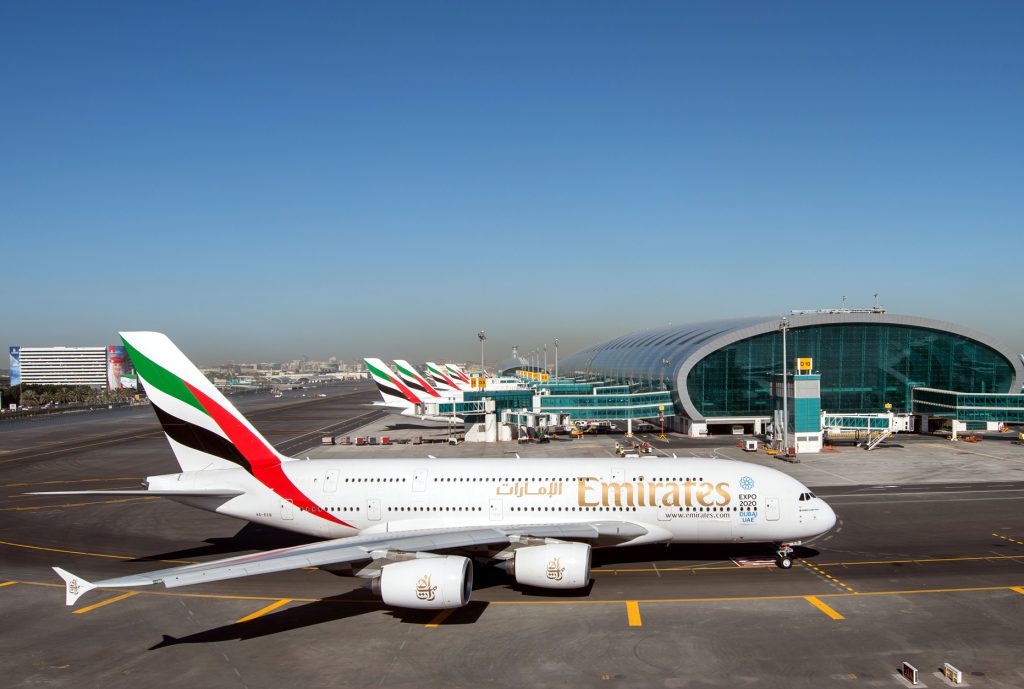The United Arab Emirates (UAE) is using a multi-billion-dollar, U.S. made missile defence system to protect civilians and critical infrastructure from ballistic missile attacks from Houthi rebel terrorists in Yemen.
The system has been used twice in the last two weeks marking the first time the THAAD system has recorded its first known real-life intercept.

THAAD, or Terminal High Altitude Area Defense System, is made by Lockheed Martin and was first sold to the UAE in 2011 in a deal with the U.S. military that was valued at around $1.13 billion.
The UAE military first took delivery of the system in 2015 and 2016 and officially, only two eight missile batteries have been delivered to the country.. The UAE is keen to protect itself from the threat of attack from both Iran and Yemen.

Originally developed in the 1990s, THAAD can protect against short, medium and long-range ballistic missiles. It gets its name because it is designed to knock ballistic missiles out of the sky in the final phases of flight.
Lockheed Martin says THAAD “provides a unique endo-and exo-ballistic defense capability”, meaning it can knock ballistic missiles from the sky which are both inside and outside of the atmosphere. The system is highly mobile and has been deployed by the U.S. military around the world, including in Israel and South Korea.
There are four main components to THAAD:
- A truck mounted launcher
- Interceptor missiles
- A ground radar that detects inbound threats
- Command and control and ‘fire control’
Lockheed Martin says THAAD is specifically designed to protect against mass raids, but the system failed to fully safeguard Abu Dhabi during a January 17 attack that killed three people and injured six others. Houthi rebels have been blamed for the missile and drone attack that hit an oil storage facility close to the Al Dhafra Air Base, which is used by both U.S. and French troops.

A separate fire at a construction site at Abu Dhabi International Airport has also been linked to the Houthi attack. The Iranian-backed Houthi rebels have long set their sights on the UAE’s commercial aviation infrastructure, which is why THAAD is also protecting major airports in Abu Dhabi and Dubai.
THAAD appears to have worked exactly as designed in a second missile attack in the early hours of Monday morning when the UAE military shot down two ballistic missiles over the skies of Abu Dhabi with zero casualties recorded.
Lana Nusseibeh, the UAE’s envoy to the United Nations has, however, said that the country is already considering an upgrade to its missile defense systems.
“Our ability to intercept and deflect these attacks is world-class,” Nusseibeh noted. “There can always be upgrades and improvements and… additional intelligence cooperation and I think these are the fields we’re looking at with our (U.S.) partners.”
The UAE was dragged into a Saudi-led military offensive against the Houthi rebels in 2015 but has largely tried to distance itself from the conflict for the last three years. Since the January 17 attack, the UAE has carried out air raids in Yemen against the terrorist group.
Related
Mateusz Maszczynski honed his skills as an international flight attendant at the most prominent airline in the Middle East and has been flying ever since... most recently for a well known European airline. Matt is passionate about the aviation industry and has become an expert in passenger experience and human-centric stories. Always keeping an ear close to the ground, Matt's industry insights, analysis and news coverage is frequently relied upon by some of the biggest names in journalism.







